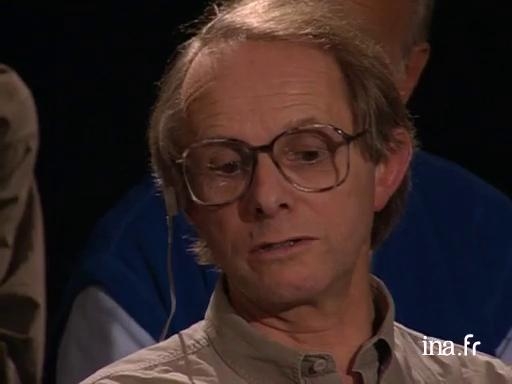Ken Loach, regarding his film Lady Bird

Information
On the occasion of the release of his film Lady Bird, Ken Loach talks about his conception of cinema and of the director's role as a "medium through which people can express their anger and their feelings". He highlights the similarities in the difficulties that labourers live through in various European countries.
Context
Figurehead of British cinema, Englishman Ken Loach, born in 1936, is the archetypal politically aware artist. Director for the BBC in the 60s, he first made his mark with "documentary fiction" films that denounced injustice and social violence.
Filming for the big screen withPoor Cow in 1967, he continued to engage the public by castigating conservatism and capitalism through intimate and family chronicles that portrayed the suffering of the weak, fromFamily Life (1971) to Sweet Sixteen (2002), passing by Raining Stones (1933) and Ladybird (1994), the portrait of a mother whose children the social services wanted to take away.
In the same polemic and political vein, another side of Loach's work came away from the daily British life to portray historical stories, from Land and Freedom, about the Spanish war (1995), to The Wind That Shakes the Barley, dedicated to the Irish question (Palme d'Or in Cannes in 2006). often supported by remarkable scriptwriters, Ken Loach remains an outstanding storyteller.















